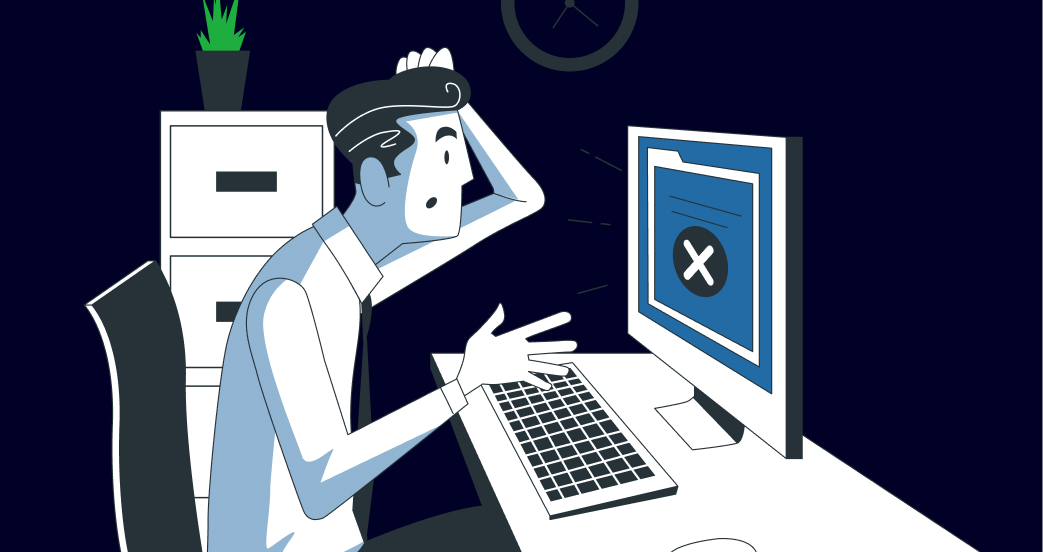The Software-as-a-Service (SaaS) industry is rapidly expanding, with the global market projected to reach $307 billion by 2026. However, with this growth comes increased scrutiny from customers, regulators, and competitors regarding compliance with data protection laws, industry standards, and operational security.
Non-compliance isn’t just a legal misstep-it’s a business risk. The repercussions include fines, data breaches, loss of trust, and irreparable reputational damage, all of which can severely hinder growth. This blog delves into why compliance is non-negotiable for SaaS companies and explores the impact of non-compliance on customer trust, loyalty, and long-term success.
Understanding Compliance in SaaS
Compliance in the context of SaaS refers to the processes and measures that ensure software applications adhere to regulatory and industry standards. This includes frameworks like SOC 2, GDPR, HIPAA, and ISO 27001, which are designed to protect sensitive data and ensure operational integrity.
To further illustrate, SOC 2 compliance focuses on security, availability, processing integrity, confidentiality, and privacy of customer data-key factors for SaaS success.
Customer Demand: 89% of enterprises now require SaaS providers to demonstrate compliance certifications before signing contracts, making compliance a critical part of sales negotiations.
Importance of Compliance
Compliance is no longer a "nice-to-have"-it’s essential for survival and growth in a crowded market. Companies that fail to meet compliance standards face challenges such as:
- Customer Confidence: 78% of customers say they won’t use a SaaS product that lacks clear compliance credentials.
- Competitive Edge: Compliance isn’t just about avoiding fines-it’s a key differentiator in a saturated market.
Loss of Trust: When a SaaS company fails to comply with relevant regulations, it can significantly erode customer trust. High-profile breaches often serve as cautionary examples to learn from. For instance, companies like Facebook have faced severe backlash due to data breaches that exposed personal information. Such incidents illustrate how quickly trust can be lost when compliance is neglected no matter how well-established you are.
High-profile compliance failures, such as the 2021 breach at SolarWinds, highlight how trust can evaporate almost overnight. For SaaS companies, customer trust isn’t easily regained once lost.
Customer Perception: Customers often perceive non-compliant companies as risky or unprofessional. A recent survey revealed that 34% of organizations are concerned about unsanctioned apps storing sensitive data, highlighting the anxiety surrounding compliance issues. This perception can deter potential customers from engaging with non-compliant providers.
Brand Image: Non-compliance can severely tarnish a brand's image. Negative publicity resulting from compliance failures can lead to long-lasting damage that is difficult to recover from. Companies may find themselves in a cycle of bad press that overshadows their offerings.
The cost of bad press from a compliance failure is immeasurable. A study by IBM found that the average cost of a data breach in 2023 was $4.45 million, excluding the reputational damage that often accompanies these events.
Social Media and Reviews: Social media has amplified the speed at which reputational damage can spread. A single non-compliance incident can lead to widespread distrust, as customers quickly share negative experiences online. Companies that proactively communicate their compliance measures are better equipped to mitigate this risk.
A single compliance misstep can lead to a 30% increase in churn, as dissatisfied customers turn to competitors.
Churn Rates: Statistics indicate that approximately 70% of Annual Recurring Revenue (ARR) lost by companies stems from customer churn, much of which is linked to non-compliance issues. Customers are increasingly unwilling to stay with providers who do not prioritize compliance.
Customer Loyalty: Trust is a cornerstone of customer loyalty. When customers feel uncertain about a company's commitment to compliance, they are more likely to seek alternatives. This shift not only impacts current revenue but also affects future growth potential as loyal customers leave.
Financial Implications: The financial repercussions of non-compliance extend beyond immediate fines; they include lost customers and diminished market share. Companies may face increased costs associated with remediation efforts and legal battles stemming from compliance violations.
In 2023, TikTok was fined €345 million for GDPR violations, underscoring the growing enforcement of regulatory frameworks.
Market Positioning: Non-compliance can hinder a company's competitive positioning within the market. As consumers become more aware of compliance issues, they gravitate toward providers that demonstrate robust security practices and adherence to regulations.
Building Trust Through Compliance
Best Practices for Compliance: To regain and maintain customer trust, SaaS companies should adopt best practices such as:






Your email address will not be published. Required fields are marked *